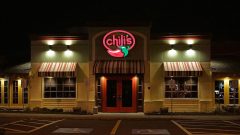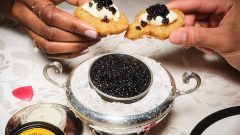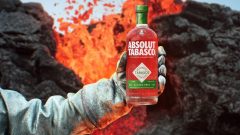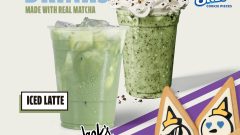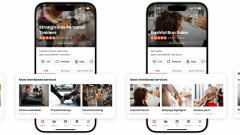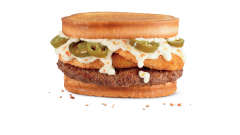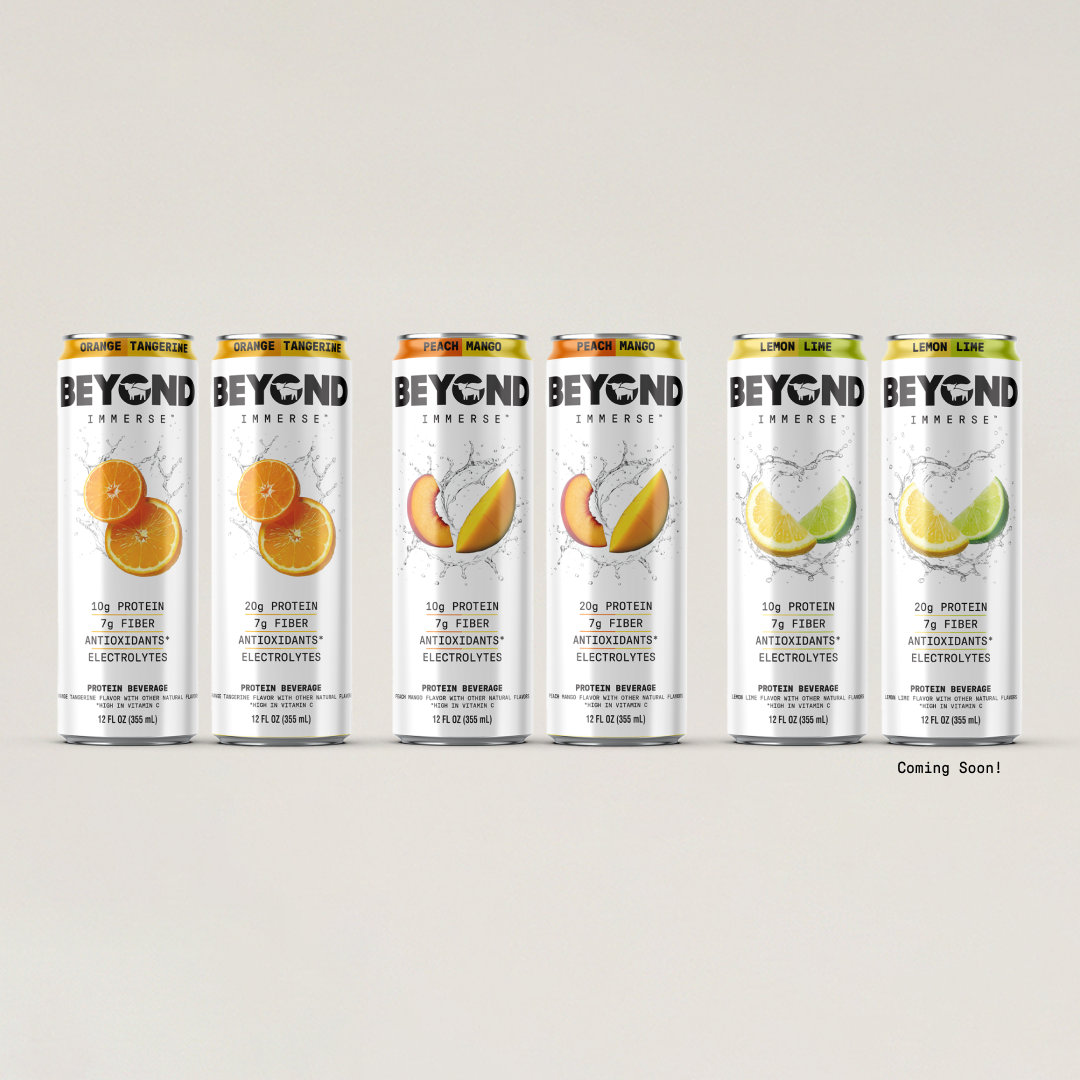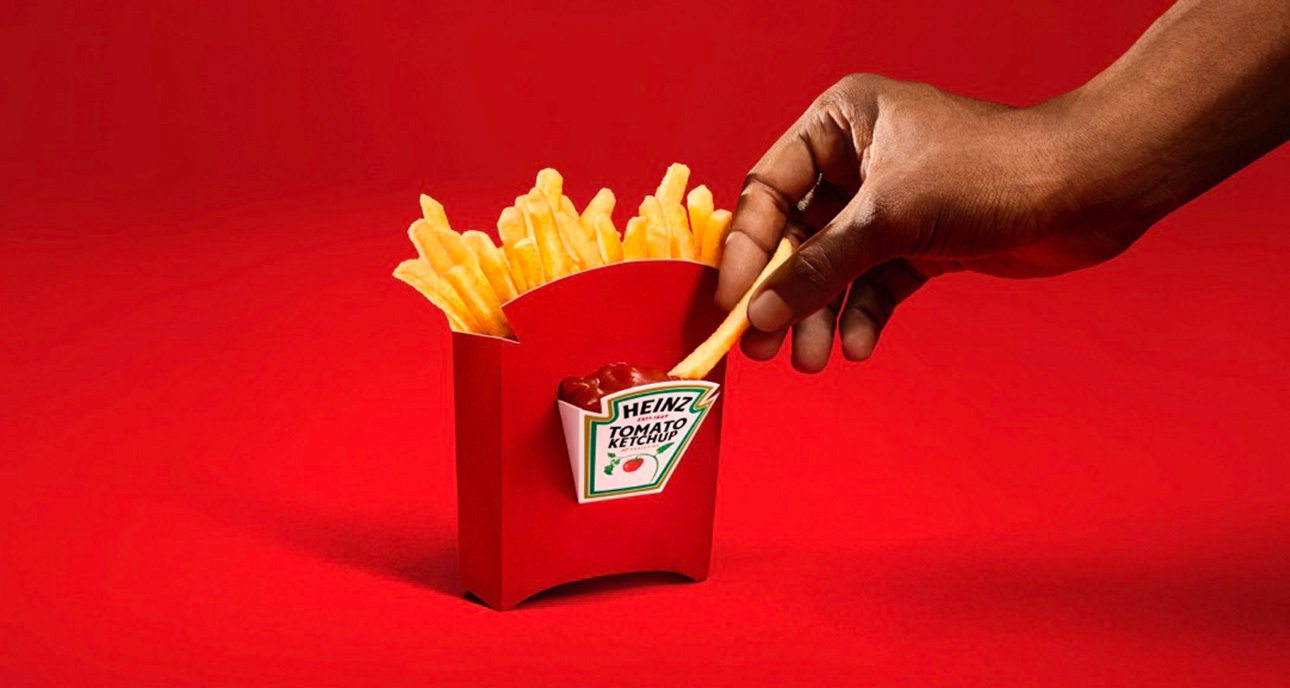These Golden Bananas Could Prevent Thousands Of Children From Going Blind
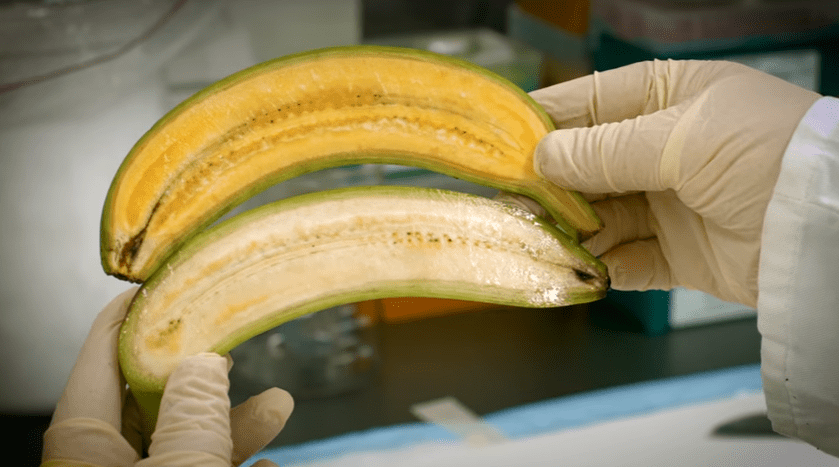
A groundbreaking new banana was just developed that could help prevent blindness and nutritional deficiencies that result in the death of thousands of children.
Around the world, roughly 300,000 children suffer blindness and another 650 to 700 thousand die as a result from Vitamin A deficiency annually. While we get plenty of vitamin A through the food we eat here in the United States, several other parts of the world, especially rural areas, don’t have the same luxuries that we have when it comes to nutritional availability.
In Uganda, for example, many people suffer from vitamin A deficiency because their primary food source is a cooking banana that’s extremely low in terms of pro-vitamin A (a group of molecules that our body can naturally convert to vitamin A) content. Thanks to 12 years of hard work and research of Professor James Dale from the Queensland University of Technology, however, Ugandans and many more people around the world may be able to finally combat this malnutrition crisis.
Dale and his team, which includes PhD researchers and farmers from Uganda, have been able to develop a “golden banana” that’s rich in the pro-vitamin A compounds. They were able to do this by taking a gene out of a banana in Papua New Guinea that contains a lot of the needed molecules and spliced it into the DNA of the native Ugandan bananas. Professor Dale’s research has now paid off, as field trials are going well and the bananas are able to be successfully grown by Ugandan farmers in Ugandan soil. They’ll be made available for more farmers to grow and cultivate outside of research fields by 2021.
This isn’t the first time genetic modification has been used to combat malnutrition. Golden rice was a product created for a similar purpose in China, but received so much negative backlash from those unaware of its benefits that nobody’s wanted to grow or sell it.
Hopefully, this time around, people will be more receptive to the life-saving and nutrition-providing abilities of these orange-fleshed bananas to allow them to nourish vitamin A-deficient populations and prevent thousands of children from suffering from blindness their whole lives.


